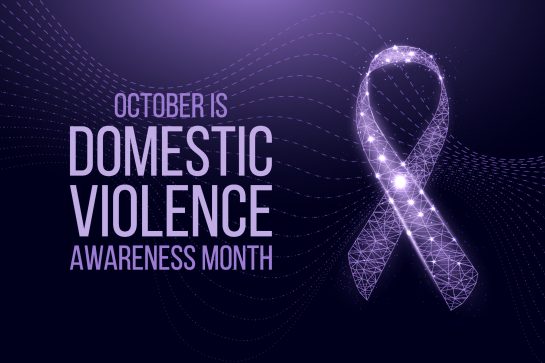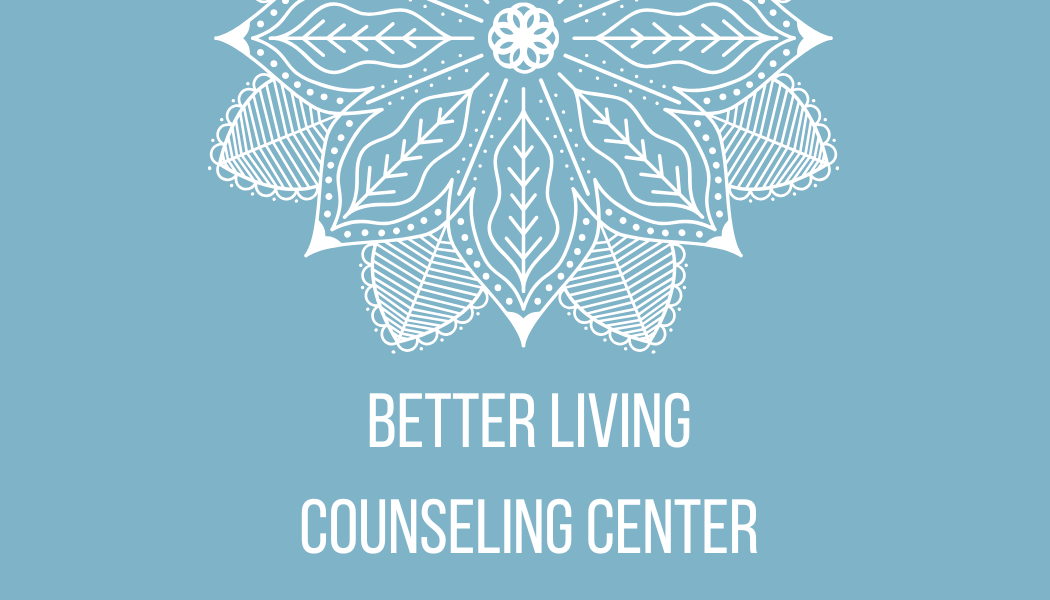Domestic Violence Awareness Month — Honoring Survivors, Supporting Healing

October marks Domestic Violence Awareness Month, a time for communities to raise awareness, strengthen support, and recommit to healing for those affected by intimate partner violence (IPV) — whether physical, sexual, emotional, financial, stalking, or psychological. At Better Living Counseling Center, we believe it is essential to recognize not only the prevalence of IPV, but also the unique experiences of different communities — including cisgender heterosexual individuals as well as those in the LGBTQIA+ community.
IPV is not limited to one gender, orientation, or relationship structure. What connects survivors is the experience of betrayal of trust, loss of safety, and often long‐term impact on mental health. For a mental health practice, acknowledging the trauma of IPV means understanding how it affects self-worth, relationships, mental and physical health, and future patterns of attachment and safety.
While much attention increasingly focuses on marginalized populations (which is vital), it's also important to understand the baseline prevalence in cisgender (heterosexual and otherwise) populations, so that we can see how IPV cuts across all groups.
Here are some key data points:
-
According to the Centers for Disease Control and Prevention (CDC), about 41% of women and 26% of men in the U.S. report having experienced contact sexual violence, physical violence, or stalking by an intimate partner during their lifetime, with reported related impacts.
-
More specifically, data show that more than one in five women (22.3 %) and nearly one in seven men (14.0 %) have experienced severe physical violence by an intimate partner at some point.
-
Injuries are common: roughly 41% of female IPV survivors and 14% of male IPV survivors report some form of physical injury from partner violence.
-
IPV doesn't only impact individual relationships but has broad societal costs: the lifetime economic cost of IPV in the U.S.—including medical care, lost productivity, criminal justice and more—is estimated to be in the trillions.
These numbers tell us that IPV is widespread among cisgender individuals and not limited to any one demographic. Recognizing it broadly helps reduce stigma, support screening, and ensure inclusive care.
As previously noted, studies indicate even higher or at least comparable rates of IPV among LGBTQIA+ individuals, along with additional unique barriers. A few highlights:
-
Studies show that about 44% of lesbian women and 61% of bisexual women have experienced rape, physical violence and/or stalking by an intimate partner at some point, compared to ~35% of heterosexual women.
-
Among men, approximately 26% of gay men and 37.3% of bisexual men report having experienced rape, physical violence and/or stalking by an intimate partner, compared to ~29% of heterosexual men.
-
For transgender individuals, lifetime IPV prevalence has been reported at around 54% or higher.
These figures underscore the need for affirming, inclusive services, and tailored safety planning and mental-health support.
IPV is not just about immediate injury or fear — it has significant, often long-lasting effects on mental health, emotional wellbeing, and even physical health. Some key findings:
-
Survivors of IPV are at elevated risk for depression, anxiety, post-traumatic stress disorder (PTSD), sleep disorders, substance misuse, chronic pain, gastrointestinal issues, and other long-term conditions.
-
A study of adults in California found that among ~3.5 million adults who reported ever being victims of partner violence, more than half a million (594,000) reported recent symptoms of serious psychological distress (e.g., major diagnosable disorders). IPV victims were more than three times as likely as unexposed adults to report serious distress in the past year.
-
Beyond psychological impact, IPV survivors may experience chronic health issues (cardiovascular, musculoskeletal, reproductive, nervous‐system) and greater risk of death by homicide in some cases.
From a mental health practice standpoint, this means screening for IPV is critical—not only asking about current relationship or trauma, but also assessing for its ripple effects (sleep, mood regulation, substance use, relational trust, identity, self-worth).
At Better Living Counseling Center, we integrate a trauma-informed and inclusive model of care. Some of the ways we do this:
-
Inclusive intake and environment: Forms and environments reflect affirming language, respect all gender identities and sexual orientations, normalize screening for relationship safety for everyone.
-
Routine screening: We include gentle, respectful questions about relationship safety, control, fear, and coercion — for all clients, regardless of gender/relationship status.
-
Affirming therapy: We attend to minority‐stress, internalized stigma, and the specific ways IPV may show up for LGBTQIA+ individuals — while also providing culturally competent care for cisgender survivors.
-
Safety planning & resource referral: We maintain referral relationships with local and national shelters, crisis hotlines, and legal/advocacy services that are competent with both cisgender and LGBTQIA+ survivors.
-
Education & prevention: We provide psycho-education on healthy relationships, warning signs (emotional, financial, digital control), consent, power dynamics, and early interventions.
What You Can Do This Month
Educate yourself and others: Share facts and resources about IPV across all communities.
Check assumptions: Recognize misuse of control and violence can happen in any relationship, regardless of gender or orientation.
Listen without judgment: If someone shares that they are experiencing abuse, believe them, support their autonomy, and help connect them to resources.
Promote inclusive services: Ask your local shelters, hotlines and mental health providers whether they are trained to support LGBTQIA+ survivors and whether their materials reflect all relationship types.
Seek help if needed: If you or someone you know is experiencing intimate partner violence—physical, emotional, sexual, or coercive control—please know you are not alone and help is available.
IPV is a significant public-health and mental-health concern across all segments of our population. Whether cisgender or LGBTQIA+, survivors have endured betrayal of trust, loss of safety, and the far-reaching effects of trauma. As a mental health practice, we are committed to holding space for healing, resilience, and restoration of safety and self-worth.
This October, we honor all survivors and reaffirm our mission: to provide trauma-informed, inclusive, compassionate care so that all individuals and couples can experience relationships grounded in respect, dignity, autonomy, and mutual safety.
If you're ready to talk, we're here — you matter, your experience matters, and healing is possible.
Resources
National Domestic Violence Hotline: 1-800-799-7233 (SAFE) or chat at thehotline.org
-
LGBT National Help Center: 888-843-4564
-
Better Living Counseling Center – Contact us at 859-233-8496 ext. 0 for an affirming, trauma‐informed consultation.
Thank you for reading and for supporting awareness, healing, and inclusive care for all survivors of intimate partner violence.
